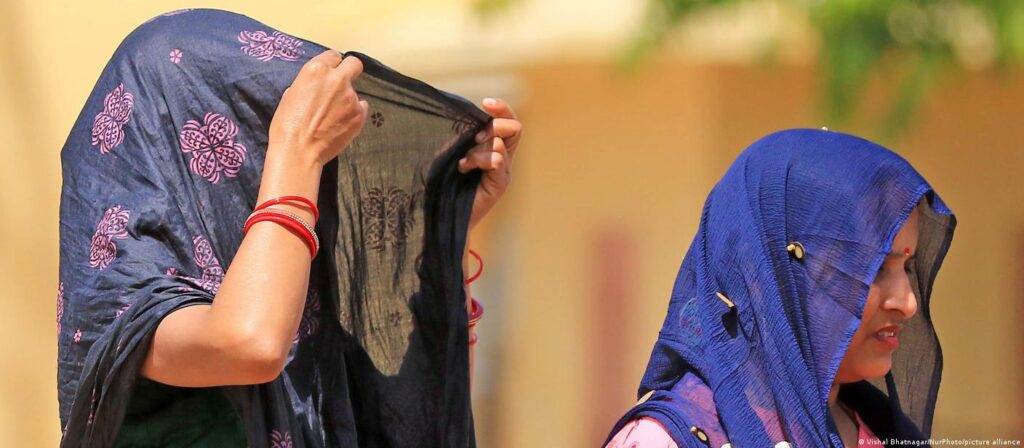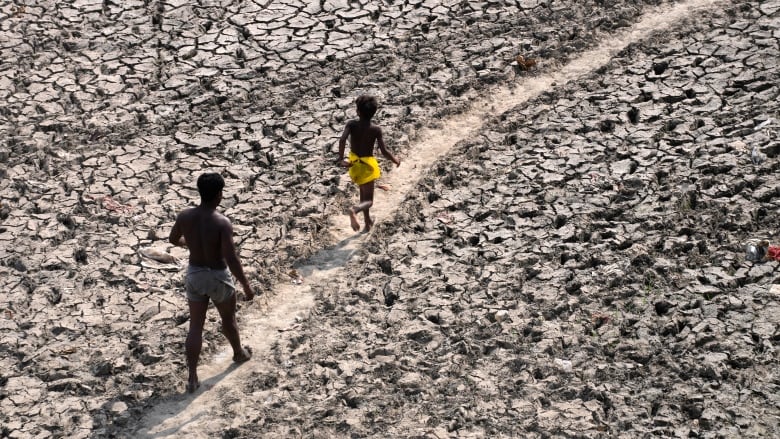
· Heatwaves affect the public health and environment from the rising heat in the country.
· The use of renewable energy and smart grids can help manage the energy demand in the country. This helps to reduce the damages caused by the heatwaves on the infrastructure.
Rising temperatures in India are hazardous to the people and environment. More people are dying from the heat from the sun and more energy infrastructure damaged. The heatwave forecasts to last up to June. Coal mining has also reduced as the workers find no way to cool themselves from the labor. This has also caused more electricity use for the cooling in air conditioning. The heatwave affects the health of the people and the environment in the country. This in turn slows the growth f the industries and the economic growth.
Conductor hardware are components that support and connect the conductors. They include devices such as formed wire, splice connectors, lug and terminal. Conductor hardware also provide support to other components and applications. They especially help to protect the conductors from excess electric current. Conductor hardware creates an electrical connection between different circuits on the lines.
How heatwaves affect coal-fired power plants in India
Heatwaves affect the coal-fired power plants in ways that impact the energy production. India can survive the heatwaves by investing more in renewable energy sources. This increases the flexibility of energy infrastructure during heatwaves. It also reduces negative impacts of energy production on public health and environment. Conductor hardware are from materials that resist rust and corrosion for durability. The following are the effects of heatwaves on the coal-fired plants.
1. Infrastructure failure
Most of the equipment used on the transmission lines gets affected by the high temperatures. High demand for electricity puts strain on the power plants equipment which leads to failure and downtime. This reduces the power plant’s capacity to produce energy during heatwaves.
2. Air pollution
Coal is a fossil fuel that is a significant source of air pollution. During heatwaves, the plants may operate at higher levels to meet the increased demand for electricity. This can lead to higher levels of air pollution and impact on public health and the environment.
3. Reduced efficiency
Most of the coal-fired power plants need water for cooling which gets limited by the heatwaves. This is due to the high-water temperatures or the reduced water availability. Heatwaves also cause the cooling water to be warm and thus reduces the efficiency of the power plants. The reduced efficiency in turn leads to low energy production capacity.
4. Maintenance costs
Heatwaves cause stress on the power plants’ equipment which leads to higher maintenance costs. This is because the equipment requires maintenance or repair more . The heatwaves cause damages on the equipment that cannot withstand the high temperatures. Conductor hardware is from materials that resist rust, corrosion, heat and ice. High maintenance costs increase the cost of energy production and leads to higher electricity prices for consumers.

Smart grids managing energy demand during high temperatures
Smart grids are the advanced energy management systems that use digital technology. They use them to enhance the supply and demand of electricity. Using smart grids in India can help manage energy demand by predicting demand patterns and adjusting energy production . Conductor hardware work with other fittings on the overhead transmission lines to ensure secure and safe connections. These fittings include washers, screws, nuts and bolts. The following are the ways smart grids can manage energy demand during heatwaves in India.
· Energy storage
Smart grids use the energy storage systems to store excess energy during periods of low demand and release during high demand periods. This technology can work during the heatwaves in India to reduce the use and reliance on fossil fuels.
· Demand response
Smart grids use demand response programs to incentivize consumers to reduce their energy consumption during extreme weather events. This helps to reduce the use of fossil fuels and prevent power outages. Conductor hardware have high tensile and mechanical strength that helps them in distributing the weight of the overhead lines.
· Distributed generation
Integration of distributed systems generation such as rooftop solar panels with smart grids can help in the fight against heatwaves. The rooftop solar panels can increase the energy supply in the country during heatwaves.
· Predictive maintenance
Advanced analytics and sensors can work with smart grids to monitor the energy infrastructure and forecast equipment failures before they occur. They prevent downtime and improve reliability of the energy systems during heatwaves